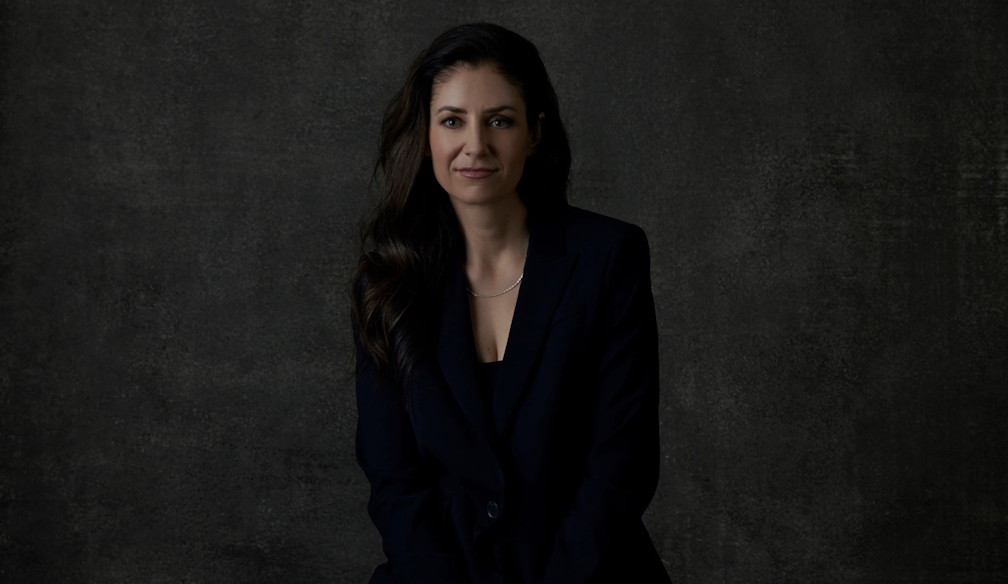How to Be Investable: Insights from Richelle Nicols, CEO of Pollinatr

Richelle Nicols is the CEO of Pollinatr, a pioneering investment and business development program designed to support and accelerate the growth of start-ups and early-stage businesses. With a background as a commercial and governance lawyer at KPMG and the Australian Institute of Company Directors, combined with her own experience as a seasoned entrepreneur, Richelle brings the expertise needed to steer the Pollinatr Investment Program toward success and empower entrepreneurs to transform their ideas into reality.
Q: You’ve been both a founder and now run an investment and venture studio. What have you learned from seeing both sides of the table — founder and investor?
I often say I sit in the middle - between founders and investors. Having built businesses and been through the capital-raising journey multiple times, and now advising and assessing others, I’ve learned that founders and investors are often having two different conversations.
Founders pitch from belief - they’re fuelled by conviction in their own vision. Investors, on the other hand, are sceptics by design. They have no belief in you yet, and that’s the part most early-stage founders miss. When you walk into that room, investors are already scanning for the reasons to say no.
That’s why I teach founders to “pitch to the no’s” to anticipate and answer every objection before it’s asked. It’s not about losing optimism; it’s about grounding it. Belief is essential, but belief alone doesn’t attract investment. Proof does. In the early-stage world, it’s not enough to say, “I’ve got a great idea - trust me.” You have to validate those assumptions, because that’s what investors are really backing: the quality of your thinking and the evidence behind it. Capital follows rigour. Charisma will only get you so far.
Q: What are some of the biggest misconceptions founders have about what investors are really looking for?
Many founders, when they pitch, assume they’ve got to sound like they’ve got everything figured out, even to the point of bluffing. But investors can see straight through that, and it’s not realistic anyway. At the early stage, you can’t know everything. You typically don’t have several clients that prove your vision; you’re still in discovery mode. What builds credibility isn’t pretending to be perfect, it’s being able to say, “We don’t have every answer yet, but here’s how we plan to methodically step this out and find out.” That kind of grounded honesty lands far better than overconfidence. It shows you understand how to manage uncertainty, not mask it.
What matters most is showing that your assumptions are credible and that you’ve started testing them. I often ask founders: “Who told you they’d pay for your product? Did your target customers actually say they would?” Because if no one has told you that, then you don’t have anything yet.
Reasonable investors don’t expect perfection. They expect awareness. They want to see that you understand your market, that you’ve tested your assumptions - even in small, early-stage ways - and that you’re learning from what you find. Market validation doesn’t mean customers are already paying; it can also mean you’ve put your idea in front of the right people and gathered meaningful feedback. That’s just one way to do it – there’s several.
Too often, founders gloss over inconvenient truths or inflate traction. They think it will make them sound stronger, but it does the opposite. The best founders I work with know credibility isn’t about being perfect; it’s about being methodically prepared.
On Being “Investable”
Q: You talk about teaching founders how to be ‘investable.’ What does that actually mean?
Being investable isn’t about trying to convince someone to believe in you. It’s about methodically stepping through your proposition in a way that allows investors to reach that conclusion for themselves - without you ever having to say, “Trust me, guys, I know this will be big” which is not how you evidence your belief in what you’re doing. Anyone can talk the talk.
This is why I developed a four-pillar framework that helps founders anticipate and answer an investor’s “no’s” before they arise - building a clear, credible narrative and an evidential foundation that underpins their venture. The four pillars are simple: The Founder, The Problem, The Solution, and The Numbers.
Most founders say, “I already pitch all of those.” But it’s the depth behind each pillar - and how you back up your assumptions - that truly determines whether you’re investability. I developed this framework through years of trial and error: first in my own ventures, then by coaching others. Now, it’s how I bridge both sides, shaping founders who are investor-ready, and creating stronger, more credible deal flow for investors.
The Methodology in Practice
Q: Can you talk about a founder you’ve been working with to help them become investable?
Look out for Matt Graham from InSquareFit whose about to head to the USA to compete as a finalist ion the 2025 S Sports & Fitness Start-Up Challenge. I’m also working with two extraordinary Australian women who will be launching their platform in California. I can’t reveal details yet, but they’ve embraced everything I’ve workshopped with them: validate, simplify, and lead with substance. They’re not pitching dreams; they’re presenting proof. These founders are all incredibly intelligent people – but what makes them exceptional candidates is their ability to listen, critically assess and adjust.
Ultimately, investability isn’t about perfection - it’s about preparation. Founders who do the work, challenge their own assumptions, and learn to see through an investor’s eyes, don’t just get funded - they build businesses that last.








